Q4 2025 Rooftop Solar & Battery Storage⚡Grid Milestone Hit
Explore how Australia’s Q4 2025 solar and battery data highlights a major milestone: majority renewable contribution to daytime electricity demand.
Read more
Get $750 off your Tesla Powerwall 3: Rebate Now Available (Combine with Federal Subsidy Today)
Posted 5 Jul
Want the latest in energy, solar, and savings?Subscribe to our newsletter – we don’t spam!
With such a large portion of NSW homes with solar now, there is varying system sizes, ages, configuration, and usage which makes it
hard to kno what the next steps are in investing in your energy. Here want to help solar owners determine if upgrading their solar,
replacing it with a new solar system, or getting a battery is the best decision for them and their situation.
So you've installed solar a little while ago, and you're feeling it may be time to reinvest in your energy, how do you know when it's time to refresh your solar system?
Degradation: Every solar system will degrade over time, whether it's a system installed 20 years ago or today. If your system has been on your roof for a considerable amount of time, it is possible that your system is just getting old and is due for a refresh.
Underperformance: If you're suspicious that your solar system is underperforming, there may be something wrong with it. By analysing your system's app, you can measure current and historical data that may show when things have gone wrong and identify possible fixes.
Mismatch: If you've installed solar but haven't seen many benefits since, it's possible that your lifestyle doesn't line up so you can take advantage of solar energy. Some may use the majority of their energy during the evenings, or maybe their solar system just doesn't produce enough energy to truly offset daily usage.

If you're considering upgrading or replacing your solar system, there are a few avenues that you can go down. Depending on your system and
requirements, these are the 3 main options.
Depending on when you installed your solar system, it is possible that your energy requirements and goals have changed, and your solar system will need to be expanded to accommodate it.
An example could be someone who invested in a 6.6kW solar system, and now consumes way more than it can generate. Expanding a system by adding more panels and increasing inverter capacity will help achieve this.
Being the recommendation for older solar systems, it is a good idea to consider replacing your solar system with more modern panels and inverter technology.
Because panels can produce much more power per panel, it is highly-likely that a replacement system of the same size and real estate will produce much more power, benefiting you for much longer.
Probably the option we recommend the most homes and businesses is to rely on battery storage.
By being able to store excess solar energy and use it instead of buying expensive grid electricity during peak periods, you avoid what drives your energy bills up.
A battery maximises your solar generation and acts as a 24/7 energy backup system.

Adding solar panels and expanding your solar system is a great choice for those who need a little more solar generation will minimal costs.
Compared to fully replacing a solar system, adding a few more panels and possible upgrading inverter for increased capacity may be the more cost-effective option depending on the setup.
If your solar system has degraded slightly, adding more solar panels to your existing solar system could bring it to its original power output.
Expanding your solar array is also recommended if you use the majority of your energy throughout the day to help offset your consumption using mostly or only sustainable electricity.
The hard part of upgrading your solar includes finding the right type of panels, as some may no longer be CEC-approved or manufactured, and finding additional roof space for the extra panels. In this case, a replacement might be more suitable.
Whilst more expensive to do, completely replacing your existing system can provide a fresh start for you to reinvest in your energy.
Replacing a solar system is great for removing old systems that are unfixable and will continue to degrade and lose generation, which effectively reduces your short and long-term benefits.
Unlike adding panels that may be lower in power output, replacing your rooftop with a new solar system can enable access to modern technology from smart system integrations, app monitoring and control, and higher power and efficiency.
We definitely recommend replacing your entire solar system when your system has aged and ran its course. Whilst it may have benefited you long-term, upgrading will enable another few decades of rewards.
Also as mentioned before, investing in modern panels and inverters, you can significantly increase power and efficiency in the same footprint.


As previously mentioned, battery storage is an excellent way to take advantage of your solar. For most solar systems, battery storage fits in well as the excess solar energy that your system generates can be stored away as cheap backup power for use instead of peak period grid electricity.
With available battery rebates for Australia, solar owners have an opportunity to save significantly on their next investment. Choosing the right battery for you can provide long-term benefits like energy independence and self-reliance.
If you think your solar system is generating perfectly fine without the need for expansion or replacement, but you want to invest in your energy, battery storage may be the choice for you - especially if you consume your energy most during the evenings.
Determining whether to invest in solar or battery will greatly depend on your requirements, existing system, and energy goals.
If you use most energy in the day: Analyse your production and consumption and upgrade accordingly.
If you use most energy at night: Ensure your system produces excess solar, and invest in a battery.
If your solar system is producing just enough renewable energy to offset your daily usage with limited excess, it is recommended to
expand the solar system and add a battery if your usage is mainly at night. Otherwise, there would be no point in just getting a battery, as
you would have to charge it via grid energy.
The ultimate way to maximise savings in energy, is having a solar system that produces more than you consume when you use as much solar energy as possible in your lifestyle. Adding a battery to this would enable you to limit your grid reliance and expenses, especially when you join Amber.

Choosing between more solar panels or battery storage can be indicated by analysing your consumption, budget, and your system's configuration. Here are the 3 things to consider when looking to reinvest in your solar.
Your consumption habits may differ from Newcastle’s average, so looking at your daily consumption and the size of your system can allow you to see if you have excess solar storage potential.
Your budget is an important factor when it comes to solar and battery as you are making an investment at the end of the day. By getting a solid budget for a new system, your options are endless.
Depending on your system's configuration, your solar inverter may not be a battery-ready hybrid inverter, which will add costs on top of the battery for a new compatible hybrid inverter and installation.
If you're hesitant on getting a battery because of return-on-investment timeframes, joining Amber will unlock faster returns to help quicken the payback period for your battery.
Amber allows you to access wholesale energy prices, and using Amber Smartshift, you can automatically itilise your battery to buy cheap energy or use excess solar energy to be stored, and then used or sold during on-peak periods for a profit.
Amber Smartshift isn’t really designed for solar-only systems, but can be a great addition to a battery investment, which will accelerate rewards.


Talking to a professional solar and battery installer can help you find the optimal solution for your situation, with quotes and estimated return-on-investment timeframes.
Getting assistance can help you have a better understanding of certain decision criteria, estimated performance metrics, and a custom solution for you, regardless of your requirements.
Our team can work with you to help find the best solution for Newcastle and Hunter homes. Our team won’t try and upsell you something you don’t need, as we genuinely want to provide the best, tailor-made solution for you.
Overall, it will all depend on your unique situation. Variables like your usage, budget, current system, scalable opportunities,
service providers, and other aspects will determine the right answer for your property.
Of course, the ultimate solution for this dilemma is investing in both an upscaled solar system, as well as a good-capacity battery. This
would supercharge your home into its own virtual power
plant
(VPP). Obviously, this isn’t a realistic option for most as the prices of solar extensions and storage can reach quite high depending
on the system you choose.
There’s always a way to improve your energy efficiency, whether it’s the adoption of a new battery, an extension of your solar, or both,
both are useful ways to take advantage of renewable energy as Australia strives for NetZero and as the world continues to strive for
sustainability.
Explore how Australia’s Q4 2025 solar and battery data highlights a major milestone: majority renewable contribution to daytime electricity demand.
How rooftop solar helped NSW avoid blackouts during the 2026 heatwave, reducing grid stress & supporting record electricity demand across Newcastle.
Explore Elite Power Group's solar and battery installation statistics for 2025, and how we performed over this year of operation in Newcastle and Maitland.
Renewable News Articles
Not only are we specialists in solar power, but we pride ourselves in being leading installers in battery
storage, as well as EV charging for homes and businesses. For solar and battery systems, we offer both on and off-grid solutions for a
range of applications.
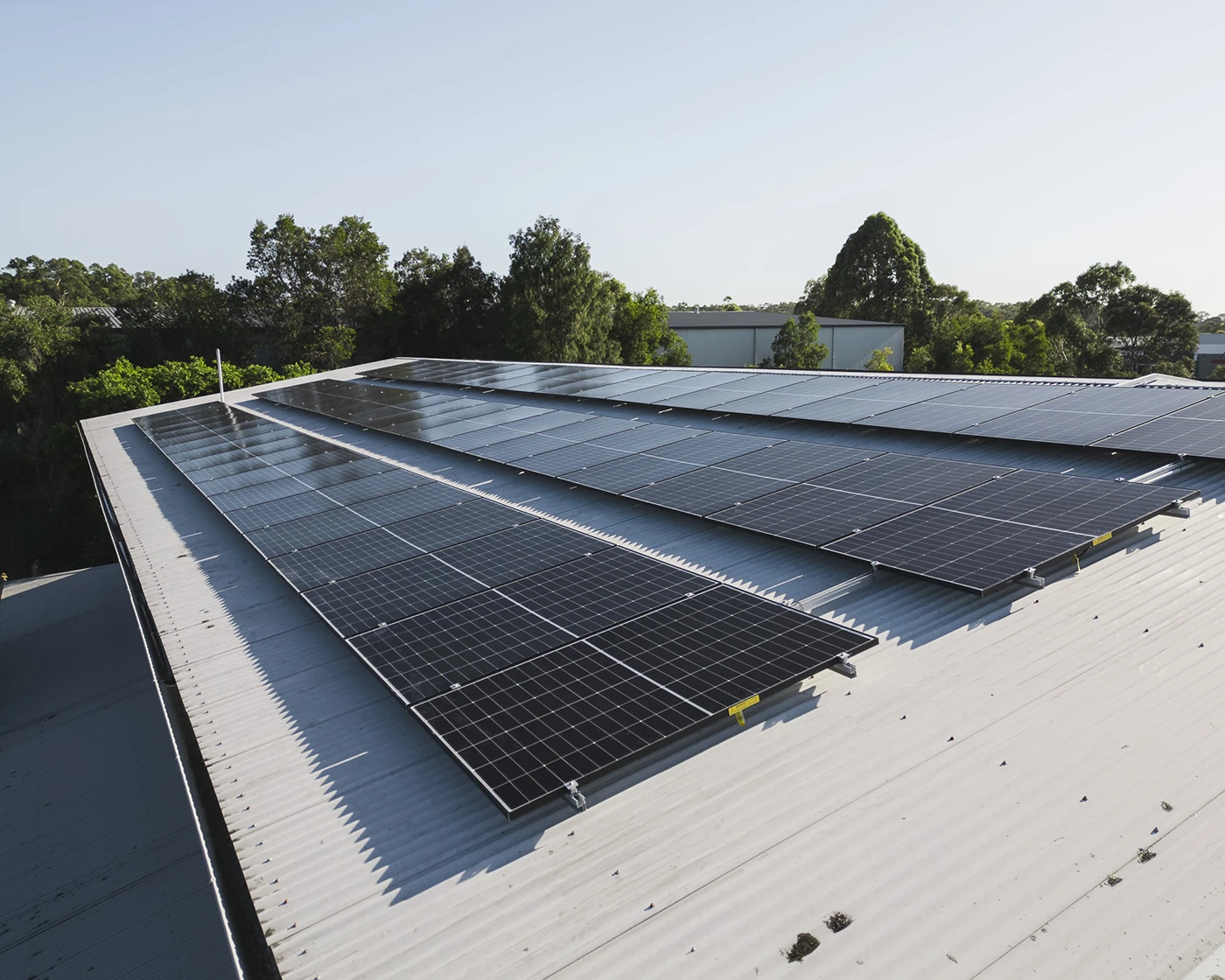
Newcastle's leading solar installers, providing long-lasting residential and commercial rooftop solar systems.
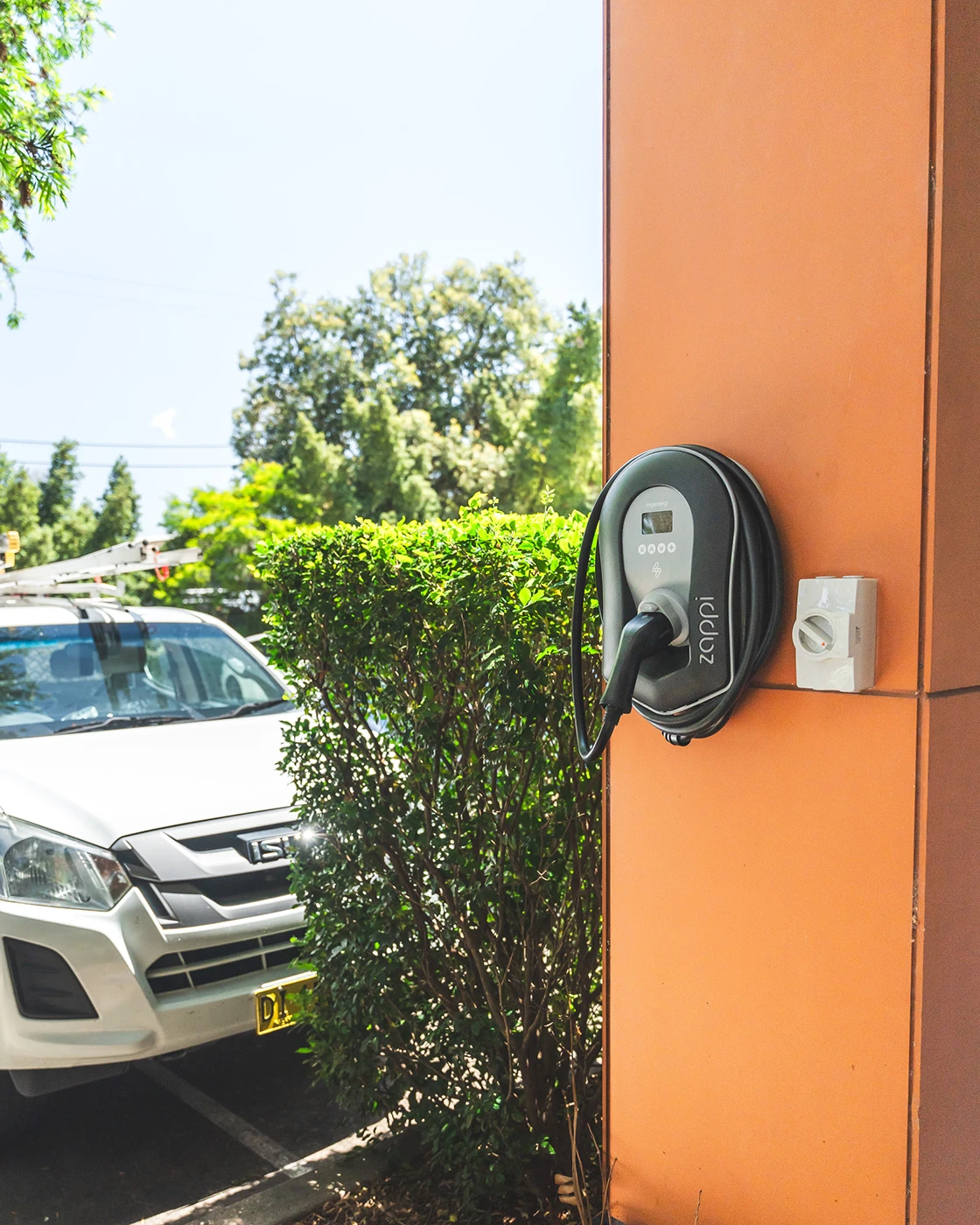
Experts in both residential and commercial electric vehicle charging station installations from 7kW - 360kW+.
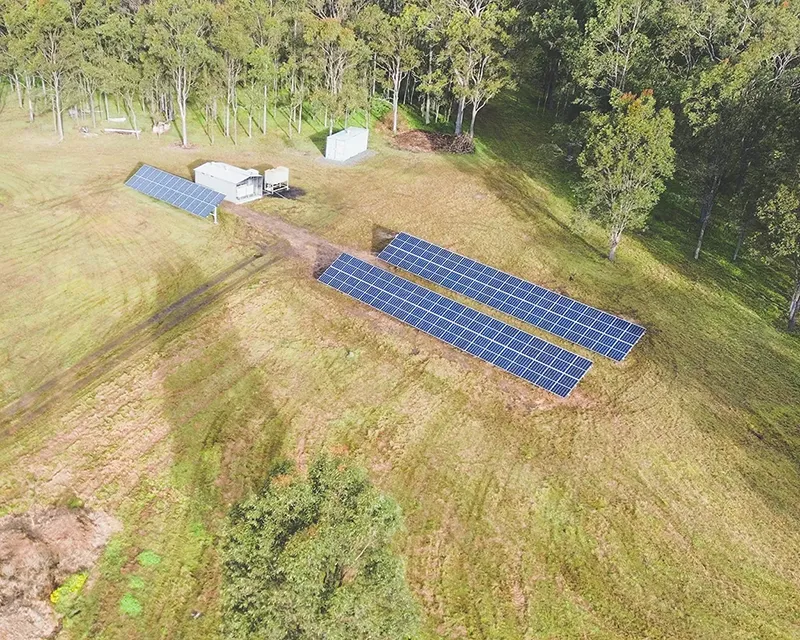
Specialists in off-grid solar and battery, helping properties never have to pay another electricity bill again.
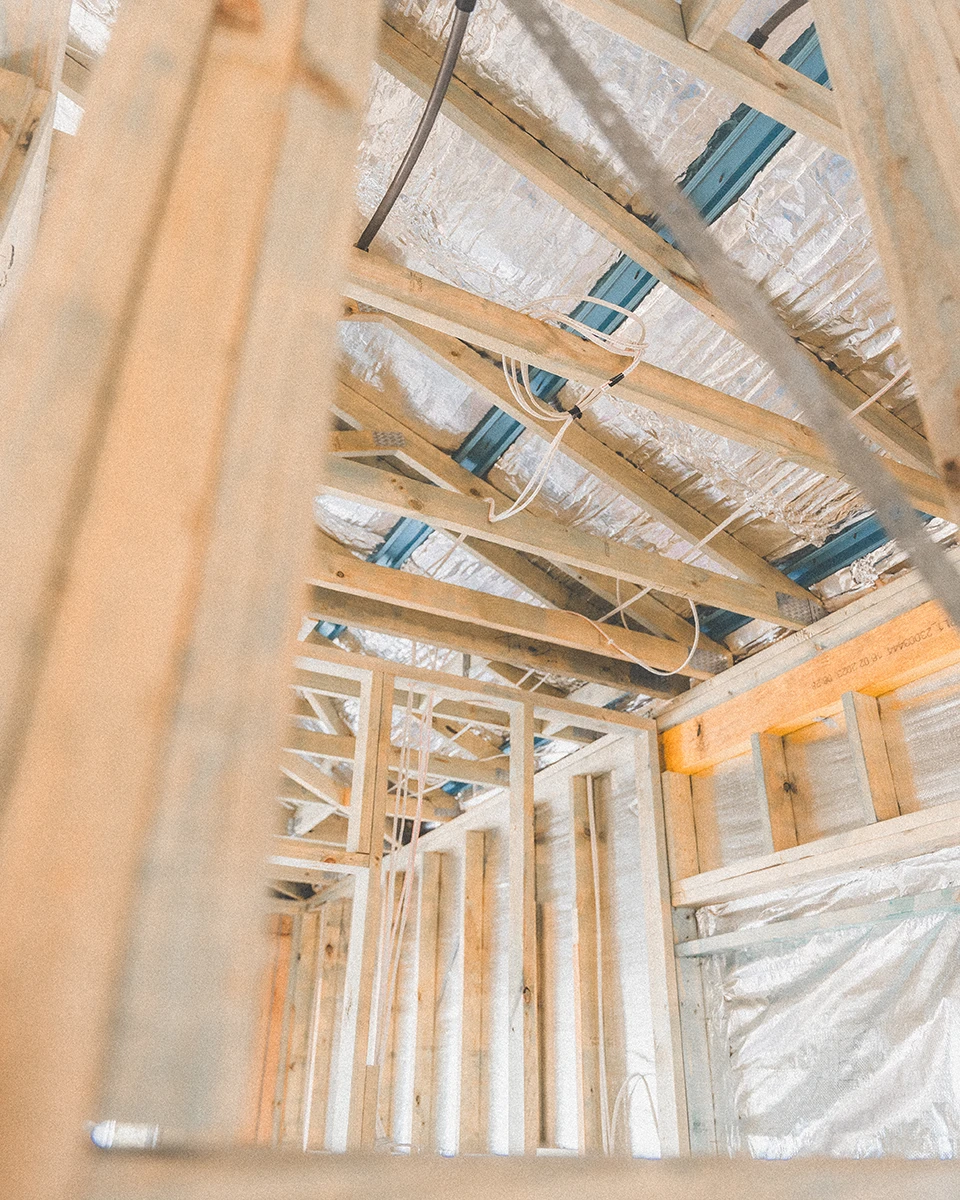
With decades of electrical and industry experience, our fully-qualified & licensed electricians are here to help.
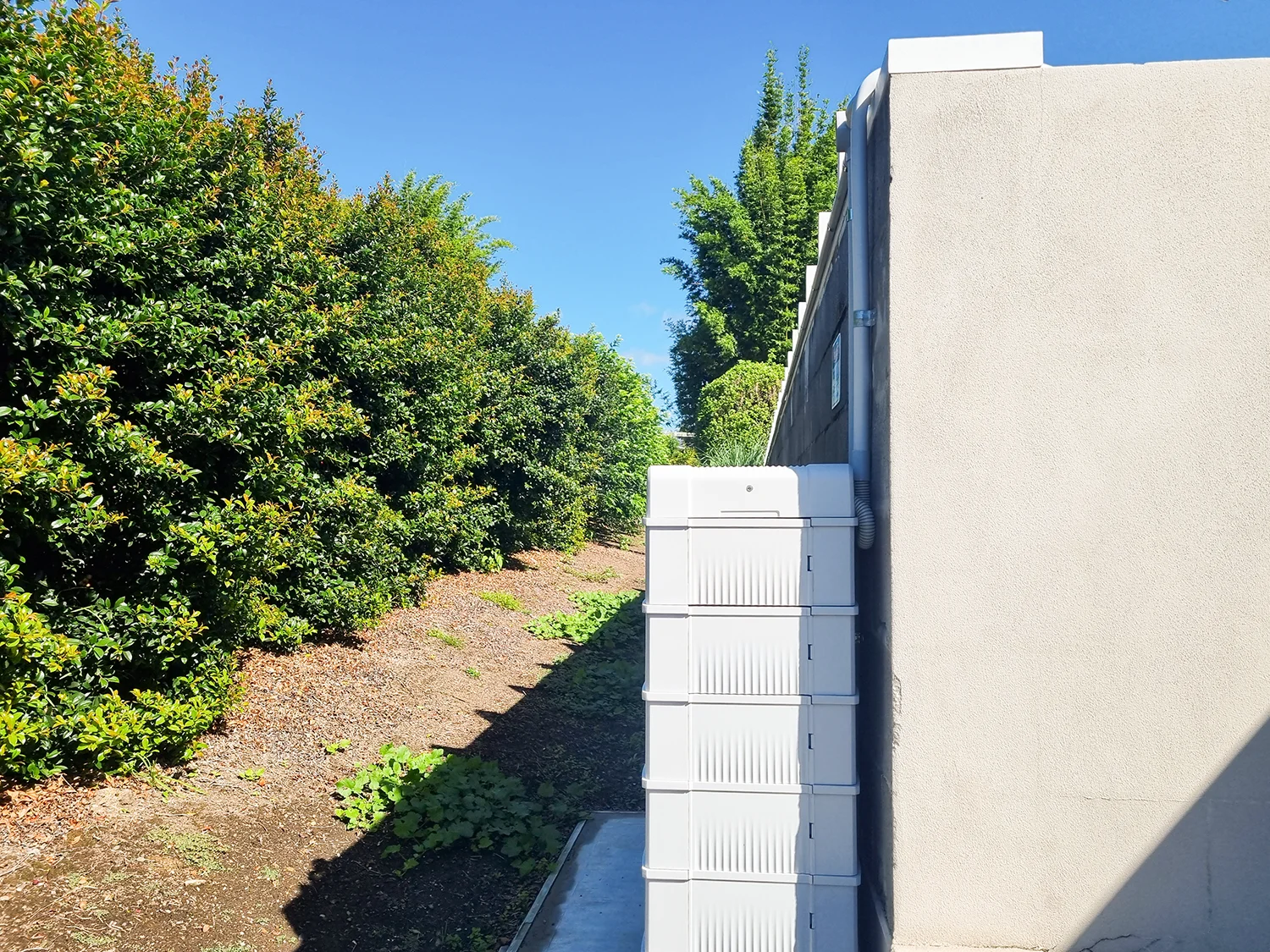
Maximise your solar generation with battery storage from reputable brands to accelerate return-on-investment.
Leave a Comment